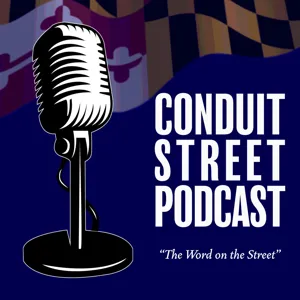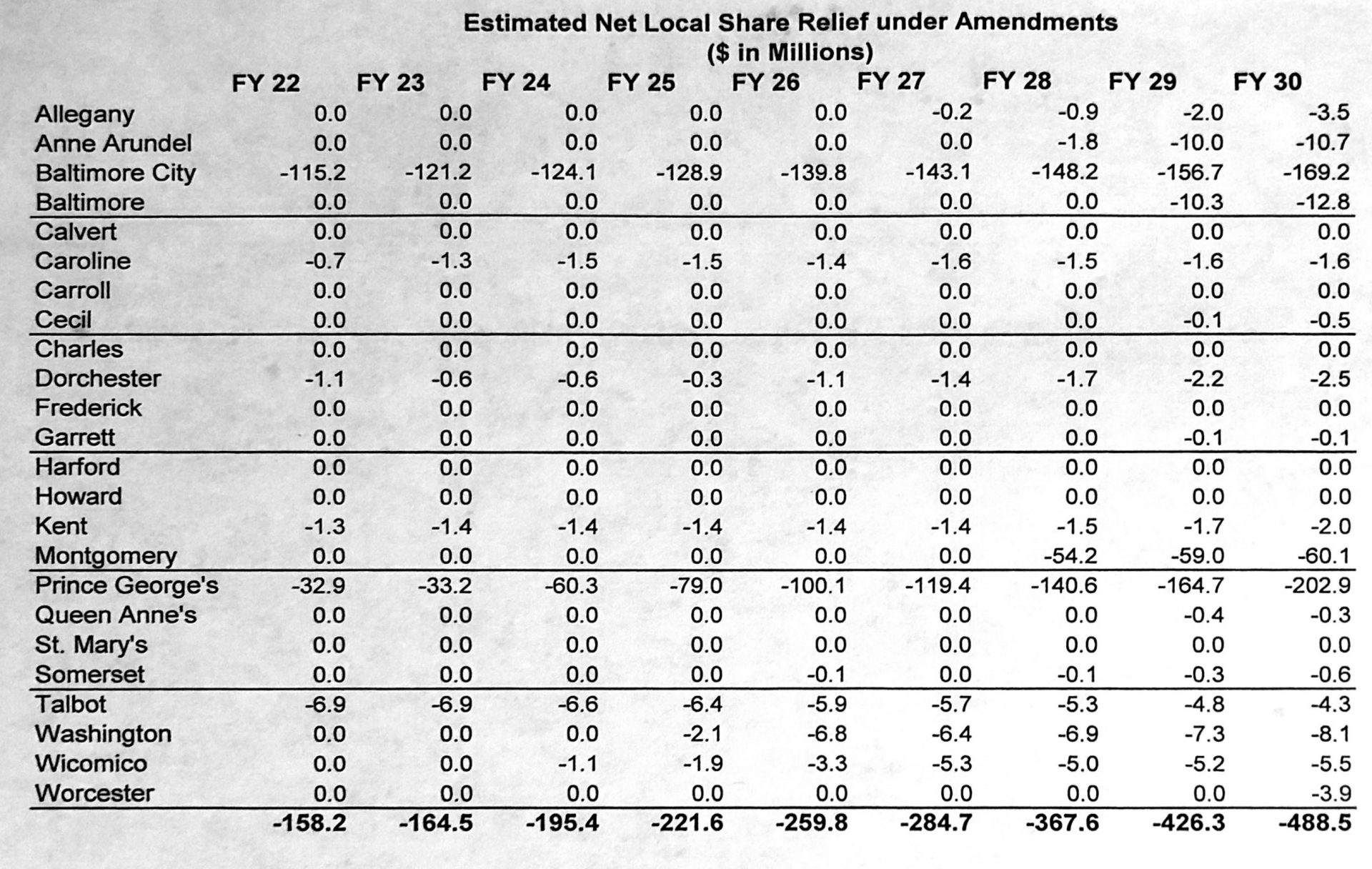Episode 39: The smell of future mobility, feat. Tristan Rousselle, Aryballe

GUEST: Tristan Rousselle, Founder & CEO, Aryballe
ABOUT THIS EPISODE
What is digital nose technology? And what role could it play in future mobility?
Our guest on this episode is Tristan Rousselle, founder and CEO of Aryballe, a digital olfaction firm that uses biochemical sensors, advanced optics, and machine learning to detect odour and turn it into data. This data is worth little, however, without a database behind it, and Aryballe’s USP is a searchable digital library of smells.
In this episode, we talk about Aryballe’s digital nose technology, the origins of the company, how digital olfaction can be used in automotive and future mobility applications, domestic robots with noses in their fingers, and of course, cheese, wine, and fish odours.
Connect with Tristan on LinkedIn
SHOW NOTES
Humans Can Identify More Than 1 Trillion Smells
https://www.nih.gov/news-events/nih-research-matters/humans-can-identify-more-1-trillion-smells
European Union-funded Rose project, in which Aryballe is a lead participant (Restoring Odorant detection and recognition in Smell dEficits)
https://cordis.europa.eu/project/id/964529
Moorfields patient receives world’s first 3D printed eye
https://www.moorfields.nhs.uk/news/moorfields-patient-receives-world-s-first-3d-printed-eye?
Nobel Prize in Physiology or Medicine for 2004 awarded jointly to Richard Axel and Linda Buck for their discoveries of “odorant receptors and the organization of the olfactory system.”
https://www.nobelprize.org/prizes/medicine/2004/press-release/
You can subscribe to Ride: The Urban Mobility Podcast wherever you get your podcasts. Feel free to share it, like it, give it a rating, sign up to the Ride LinkedIn page, and check out our website, ridemobilitypodcast.com.







